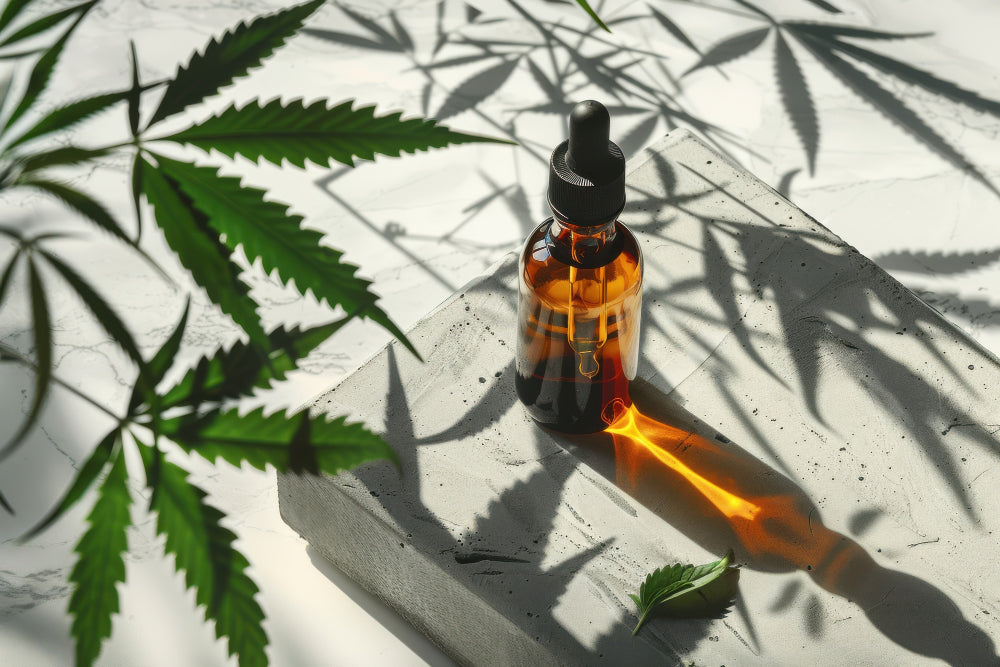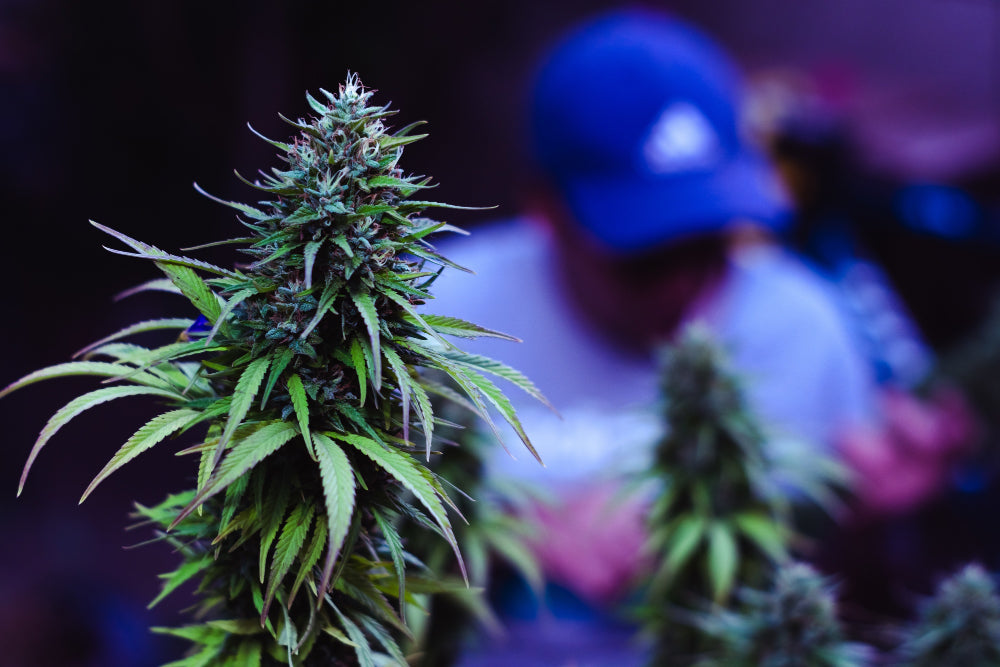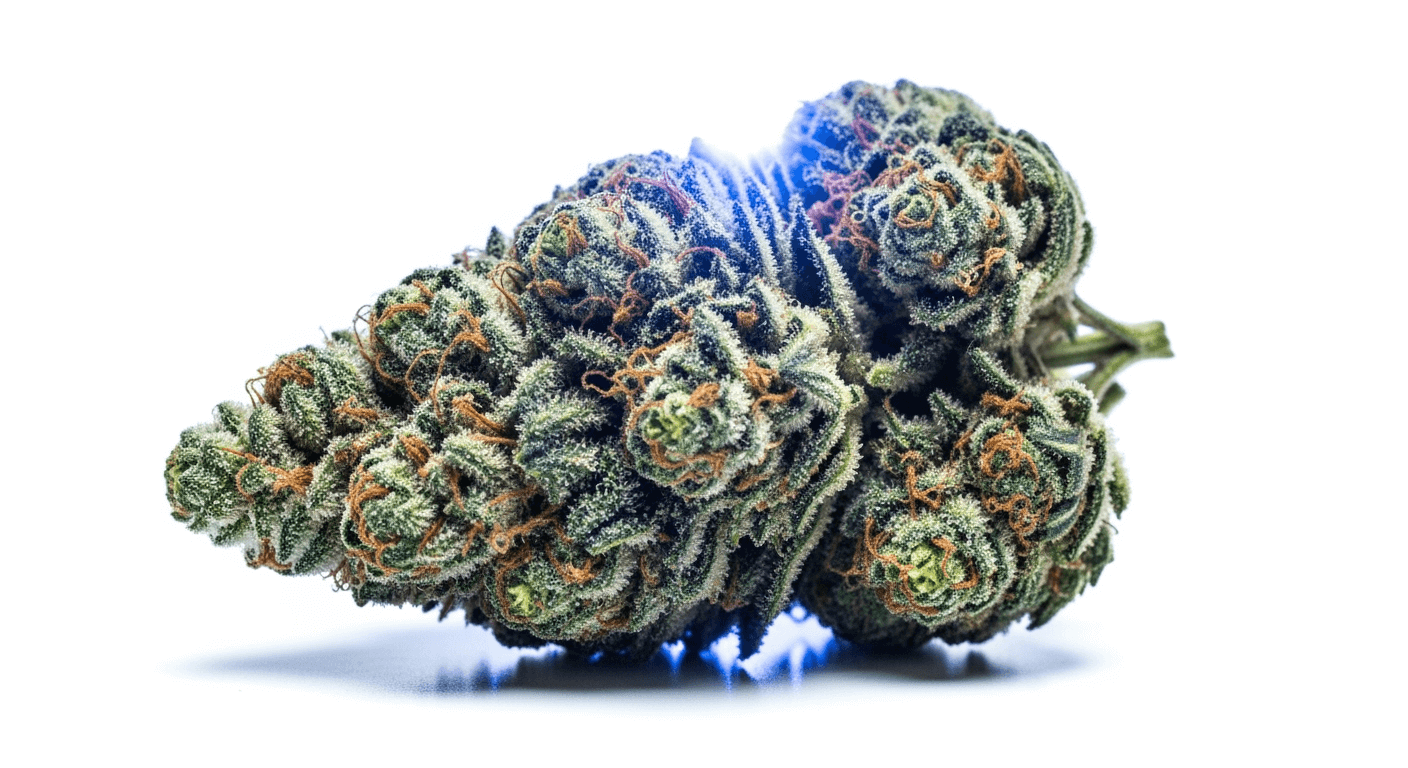In Dubai, the use of cannabis is a highly topical and controversial issue. Despite the global trend toward cannabis legalization, the laws in Dubai remain extremely strict. In this article, we take a detailed look at the current situation and shed light on the reasons why this topic is of great importance.
What is the current situation regarding cannabis in Dubai?
Dubai, as part of the United Arab Emirates (UAE), maintains a zero-tolerance policy toward cannabis and other illegal drugs. The possession, consumption, sale, and importation of cannabis are strictly prohibited and carry heavy penalties. Even small amounts can lead to lengthy prison sentences. These strict measures stand in stark contrast to many Western countries, which have seen a relaxation of their drug laws in recent years.
Why is this topic important?
Understanding Dubai's drug policy is crucial not only for residents, but also for tourists and business travelers. Ignorance of local laws can lead to serious legal consequences. Furthermore, Dubai's rigid stance on cannabis also influences discussions about potential medical uses and the future of legalization in the region. For psychologists and counselors working in Dubai or with clients from this region, it is important to be familiar with the cultural and legal framework.
Laws and regulations
Dubai's cannabis laws are clear and strict. In this section, we'll explore the specific laws and the consequences for violations.
Strict drug laws in Dubai
The United Arab Emirates, including Dubai, has some of the toughest drug laws in the world. Cannabis falls under the category of prohibited substances, and possession of any amount is illegal. Penalties are draconian: Violators face long prison sentences, hefty fines, and even deportation from the country. The authorities pursue a zero-tolerance policy that allows no exceptions, even for tourists.
Consequences of violations
The legal consequences for possession or trafficking of cannabis in Dubai are extremely harsh. Even small amounts can result in a prison sentence of at least four years. Trafficking or smuggling larger quantities is punished even more severely and can lead to life imprisonment or even the death penalty. In addition to the criminal consequences, those convicted risk immediate deportation and a lifetime ban from entering the UAE. It is therefore essential that anyone traveling to or living in Dubai is aware of and respects the strict drug laws.

Medical cannabis
The discussion about the use of cannabis for medicinal purposes has gained momentum worldwide. Many countries now have regulations that allow its use in medicine. In this section, we examine the current state of medical use and the future prospects for medical cannabis in Dubai.
The current state of medical use
In the United Arab Emirates, including Dubai, the use of cannabis for medical purposes is strictly regulated and largely prohibited. While other countries have passed progressive laws legalizing medical cannabis, Dubai maintains its restrictive stance. Currently, there are no official programs or laws permitting the use of cannabis for medical treatment. This strict regulation reflects the government's concerns about the potential for abuse and the health risks associated with cannabis use.
Future prospects for medical cannabis in Dubai
Despite the current strict laws, there are ongoing discussions and considerations about how medical cannabis could be regulated in the future. Experts and advocates argue that controlled and supervised use of cannabis for medical purposes could benefit many patients, particularly in the treatment of chronic pain, epilepsy, and other serious illnesses. However, it remains to be seen if and when Dubai will make a change to its legislation. However, the international movement toward legalizing medical cannabis could lead to a reassessment in Dubai in the long term.
Cultural and religious influences
Dubai's strict stance on cannabis is deeply rooted in the region's cultural and religious beliefs. In this section, we examine the role of Islam in drug policy and societal attitudes toward cannabis.
The role of Islam in drug policy
Islam plays a central role in daily life and legislation in the UAE. The use of drugs, including cannabis, is prohibited in Islam, as it is considered harmful to the body and mind. These religious beliefs are reflected in the strict drug laws , which aim to protect the health and well-being of the population. The country's religious leadership supports these laws and emphasizes the moral obligation to protect society from the negative effects of drugs.
Social attitudes towards cannabis
In addition to religious influences, social attitudes also shape Dubai's strict anti-cannabis policy. In Emirati society, drug use is heavily stigmatized and viewed as morally reprehensible. This view is deeply embedded in cultural norms and contributes to the lack of public support for legalization or even a relaxation of laws. Even discussions about the potential benefits of medical cannabis are often viewed with skepticism. Understanding these cultural and societal dynamics is therefore all the more important, especially for professionals working in mental health counseling and with clients from this region.
International comparison
A look at the global landscape of cannabis laws reveals a variety of approaches, ranging from full legalization to strict prohibitions. This diversity provides valuable insights and allows us to understand Dubai's position in the international context.
Cannabis laws in other countries
In many Western countries, attitudes toward cannabis have changed significantly in recent years. Countries such as Canada and Uruguay have fully legalized recreational cannabis use, while many US states have taken similar steps. In Europe, the medical use of cannabis has become widespread, with countries such as Germany implementing strict regulations for medical cannabis. This development reflects a growing acceptance and understanding of cannabis's potential medical benefits.
Differences and similarities to Dubai
In contrast, Dubai maintains its zero-tolerance policy toward cannabis. The strict laws and harsh penalties in the UAE contrast sharply with the more liberal approaches in many Western countries. However, there are also similarities, particularly in the emphasis on public health and safety. While Western countries have reformed their laws to maximize medical and economic benefits, Dubai prioritizes protecting society, which is reflected in the rigorous enforcement of drug laws.

Future prospects and conclusion
The future of cannabis laws in Dubai is a topic influenced by both global trends and local cultural and religious beliefs. In this section, we examine possible developments and draw conclusions for the future.
Possible developments in legislation
Although there are currently no signs of any relaxation of cannabis laws in Dubai, the international trend toward legalization could have a long-term impact. A gradual introduction of medical cannabis under strict conditions could be a first step, but it would require extensive discussion and persuasion. The government could consider approving pilot projects or research studies to better understand the potential benefits and risks.
Conclusions and recommendations
For psychologists and counselors working in Dubai or with clients from the region, it is crucial to understand the strict drug laws and cultural norms. It is important to provide education and sound information about the risks and benefits of cannabis. They should also inform their clients about the legal implications and help them find alternative paths to treatment and well-being. Given global developments in the cannabis sector, it remains to be seen how Dubai will adapt its policies in the coming years.
Would you like to know exactly what the legal situation regarding cannabis is in Belgium? In our article, you'll find comprehensive information on the current legal framework, developments in legalization, and useful tips for tourists. Learn more here and stay informed about all relevant aspects of cannabis in Belgium. Read the full article now. and get all the important details!







Leave a comment
This site is protected by hCaptcha and the hCaptcha Privacy Policy and Terms of Service apply.